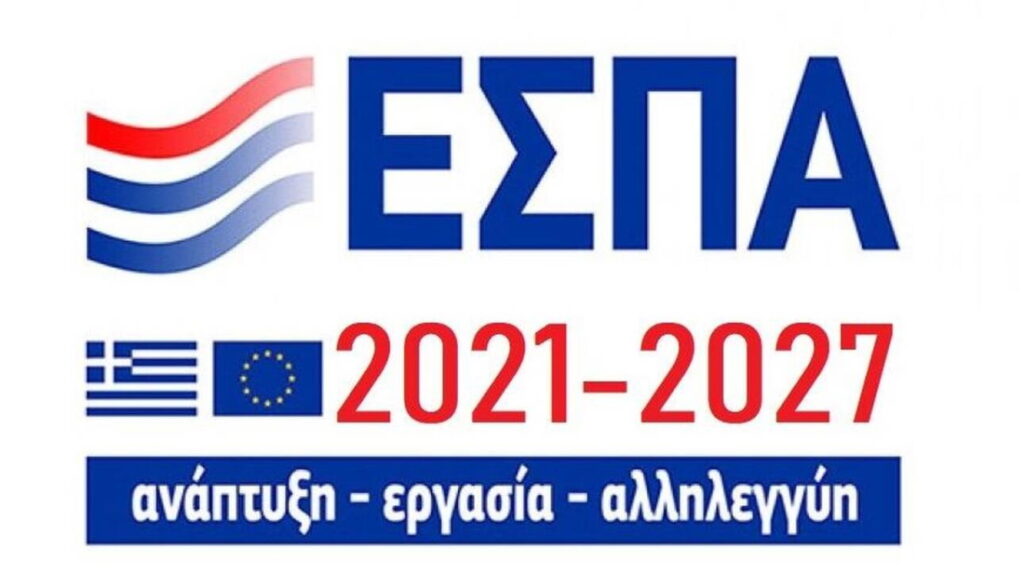
The official submission of all the new Sectoral Programmes of the NSRF 2021-2027 has been completed, following the official submission and approval of the Corporate Pact for Regional Development NSRF 2021-2027 , by the European Commission on 29.07.2021 for a total budget of 26.2 billion euros.
In the previous period, all social and economic actors were widely consulted. There was also regular cooperation with the competent services of the European Commission, the Managing Authorities and the co-competent Ministries. This is in order to finalise the content, priorities and allocation of resources by policy area.
Specifically, the following Programs were submitted:
- Competitiveness (EUR 3,885.09 million)
- Human Resources and Social Cohesion (budget 4.161,59 million Euro)
- Digital Transformation (budget 943,00 million Euro)
- Environment and Climate Change (budget 3.606,85 million Euro)
- Transport (budget EUR 2,224.09 million)
- Civil Protection (budget 713.76 million Euro)
- Just Development Transition (budget 1.629,19 million Euro)
- Fisheries, Aquaculture and the Sea (eur 519.64 million)
What are the aim of the new Programs of the NSRF 2021 - 2027
The new Programmes reflect the directions of the Committee and the new development priorities of the country. In particular, the co-financed actions of the new Programmes aim to contribute decisively to:
The productive transformation of the economy through the digital and innovative upgrading mainly of small and medium-sized enterprises, research infrastructures, Industry 4.0, the upgrading of employees' skills.
Employment and training of the NSRF 2021 - 2027
Improving access to employment and enhancing the employability of all human resources. Particular emphasis is placed on young people, promoting equal access to quality and inclusive education, training and lifelong learning, tackling material deprivation, ensuring equal access to quality health services, promoting social inclusion.
Public services
Upgrading public digital services and applications to businesses and citizens, ensuring ultra-high-speed connectivity and meeting digital skills needs in the context of supporting the country's digital transformation.
Green economy
Promoting clean energy transition, green and blue investment, the circular economy, climate change mitigation and adaptation, risk prevention and management, and sustainable urban mobility. Flood protection, prevention – mitigation and treatment of climate change impacts, Saving – Energy Efficiency, Implementation of the National Energy and Climate Plan, Promotion of energy production from RES.
The transition to a climate-neutral economy, focusing on the restructuring of the production system, the support of human resources and communities affected by lignite phase-out, and the mitigation of the negative effects on the environment from the extraction and production of energy from lignite, health and safety, as well as the prevention of the creation of new pollution factors.
Means of transport
The development – upgrading of sustainable urban means of transport, the promotion of combined transport, the reorganization of urban road transport in Athens and Thessaloniki, completing the infrastructure of the TEN-T road and rail network, developing interurban and suburban rail links, enhancing island connectivity and improving transport safety.
Civil protection
The creation of a modern and effective civil protection mechanism focusing on prevention, preparedness for response and intervention aimed at protecting the life, health and property of citizens, the environment, cultural heritage, infrastructure, resources, from natural and technological disasters that cause or may cause emergencies.
The timely approval of the new Programs in the coming months will allow the unhindered financing of the co-financed actions without the slightest gap between the two programming periods in order to support the Greek economy especially in this economic situation.




